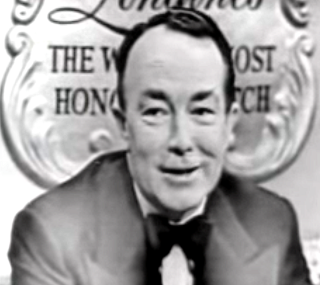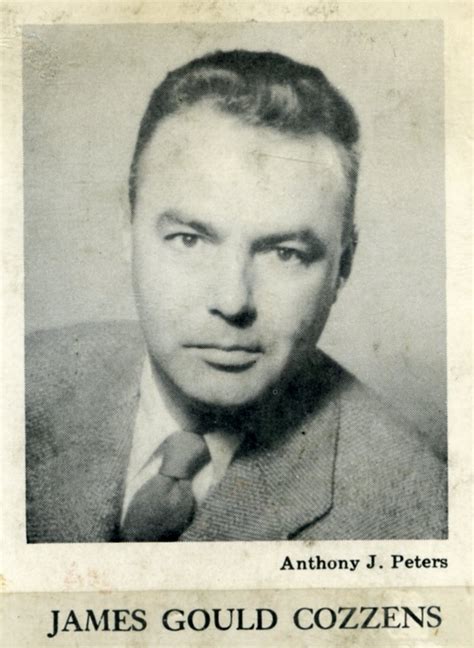A Quote by Hartley William Shawcross
There comes a point when a man must refuse to answer to his leader if he is also to answer to his own conscience.
Related Quotes
Bailey might not have great intelligence or abilities, but his whole aim, thought and study was that of the born leader--to look out for himself; and he did it with that born-leader's confidence and intensity that draws along the ordinary uncertain man, who soon confuses his own interest and his own safety with that of the leader.
Another doctrine repugnant to Civill Society, is that whatsoever a man does against his Conscience, is Sinne ; and it dependeth on the presumption of making himself judge of Good and Evill. For a man's Conscience and his Judgement are the same thing, and as the Judgement, so also the Conscience may be erroneous.
In the absence of government each man learns to think, to act for himself, without counting on the support of an outside force which, however vigilant one supposes it to be, can never answer all social needs. Man, thus accustomed to seek his well-being only through his own efforts, raises himself in his own opinion as he does in the opinion of others; his soul becomes larger and stronger at the same time.
Who stands firm? Only the one for whom the final standard is not his reason, his principles, his conscience, his freedom, his virtue, but who is ready to sacrifice all these, when in faith and sole allegiance to God he is called to obedient and responsible action: the responsible person, whose life will be nothing but an answer to God's question and call.
In whatever area in life one may meet the challenges of courage, whatever may be the sacrifices he faces if he follows his conscience - the loss of his friends, his fortune, his contentment, even the esteem of his fellow men - each man must decide for himself the course he will follow. The stories of past courage can define that ingredient - they can teach, they can offer hope, they can provide inspiration. But they cannot supply courage itself. For this each man must look into his own soul.
We might make a public moan in the newspapers about the decay of conscience, but in private conversation, no matter what crimes a man may have committed or how cynically he may have debased his talent or his friends, variations on the answer Yes, but I did it for the money, satisfy all but the most tiresome objections.
A man's social and spiritual discipline must answer to his corporeal. He must lean on a friend who has a hard breast, as he wouldlie on a hard bed. He must drink cold water for his only beverage. So he must not hear sweetened and colored words, but pure and refreshing truths. He must daily bathe in truth cold as spring water, not warmed by the sympathy of friends.
We may gamble on outsmarting the law; we may even gamble on the leniency of man and the mercy of God-but no man ever won a gamble with his own conscience. Even should he think he has beaten his conscience into submission, his misdeeds still leave their mark upon him. Anyone who gambles against this fact has already lost his gamble.
To live his life in his own way, to call his house his castle, to enjoy the fruits of his own labour, to educate his children as his conscience directs, to save for their prosperity after his death -- these are wishes deeply ingrained in civilised man. Their realization is almost as necessary to our virtues as to our happiness. From their total frustration disastrous results both moral and psychological might follow.




































